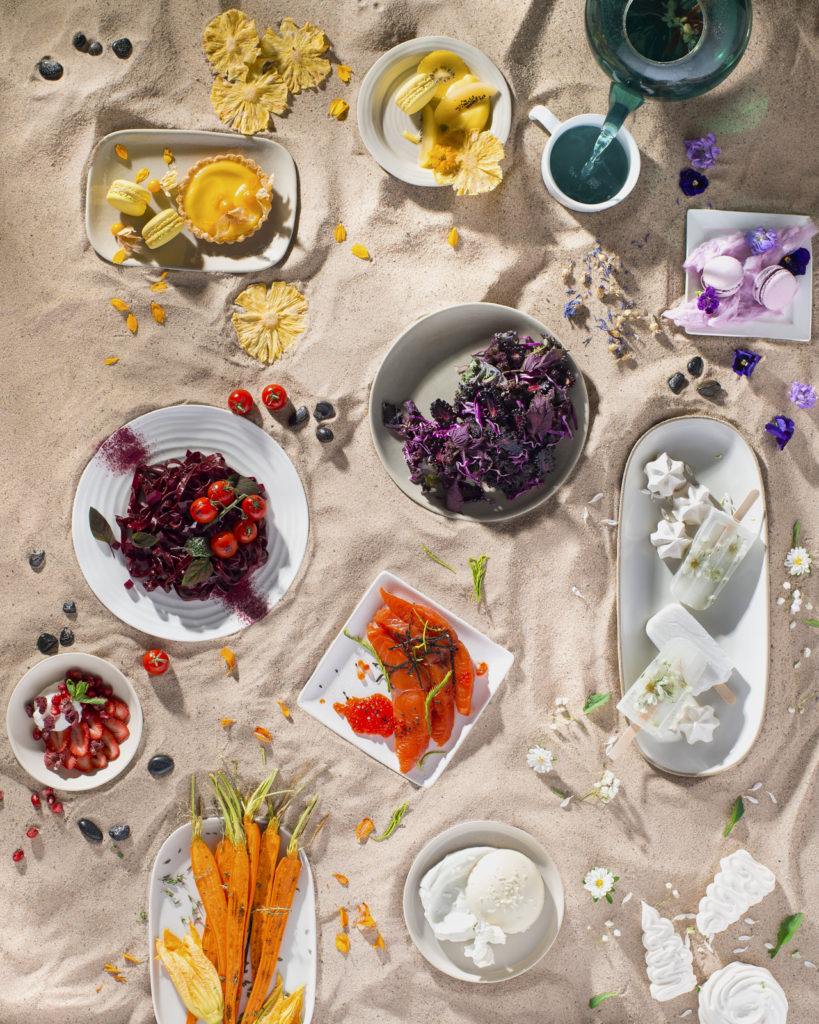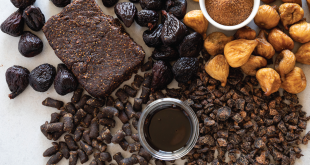A new industry report by global content marketing agency, THP, has just come out with the top 10 trends it expects will disrupt the food and beverage industry next year. Flavor & Trend Forecast for 2020 highlights the latest ingredients, cooking techniques and culinary ideas that it says will drive innovation and disruption, triggered by growing consumer interest in sustainability and food security. Take a look at the trends pinpointed in the report.
- Uncultivated Botanicals: Beyond their visual aesthetics, edible flowers and botanicals like wild sorrel, juniper, maple blossoms and balsam add a delicate and unique sweetness to a dish that can’t be emulated by anything else.
- Tastefully Tart: Sour foods are growing in popularity. With rampant warning against refined sugars and corn syrup, consumers are increasingly looking to sour flavours like vinegars, tamarind and other ingredients, as a healthier alternative.
- Desseralité: Created by World’s Best Pastry Chef 2019 Jessica Préalpato, Desseralité or desserts in their most natural form, reflects consumer trends toward simple, whole ingredients, in making healthy desserts without relying on heavy dough, cream or sugar.
- Zero Waste Cooking: Globally, some 570,000 tonnes of fresh, useable meat and poultry products get thrown away every year. These discarded products can be used in new, sustainable and creative ways to elevate everyday dishes and delicacies.
- Mood Food: Top food psychologist, Charles Spence, conceptualized “Gastrophysics” as a new way of dining founded on the idea that food can impact the way we feel, driving a trend where menu items are curated based on the moods they may inspire.
- Vietnamese Cuisine: Young Westerners are on an Asian-inspired food kick, and they’re looking beyond mainstream like pho to Vietnamese street food and fusions, like bún bò huế – a popular soup made with rice vermicelli and beef, and egg coffee.
- Wood-Fire Cooking: Wood-fire cooking is making a comeback in 2020 as chefs in restaurants around the globe rediscover the rich flavours that come with grilling over a wood fire.
- Edible Packaging: Single-use plastics are being eliminated by conscious consumers looking for great products that don’t harm the earth. Edible packaging is seen as way to get rid of plastic food and beverage packaging that ends up clogging oceans and landfills.
- Portable Power: Consumers are moving away from three square meals a day, toward satisfying their hunger on-the-run. Brands that will win in this space are those that adapt by offering bite-sized and portable foods, including those that function as afternoon-slump ‘pick-me-ups’.
- Tribal Roots: Looking beyond farm to fork, Michelin star restaurants around the globe are seeking traditional Indigenous ingredients from some of the oldest civilizations. A greater focus on South American ingredients is seen across all continents.
 Canadian Food Business
Canadian Food Business






